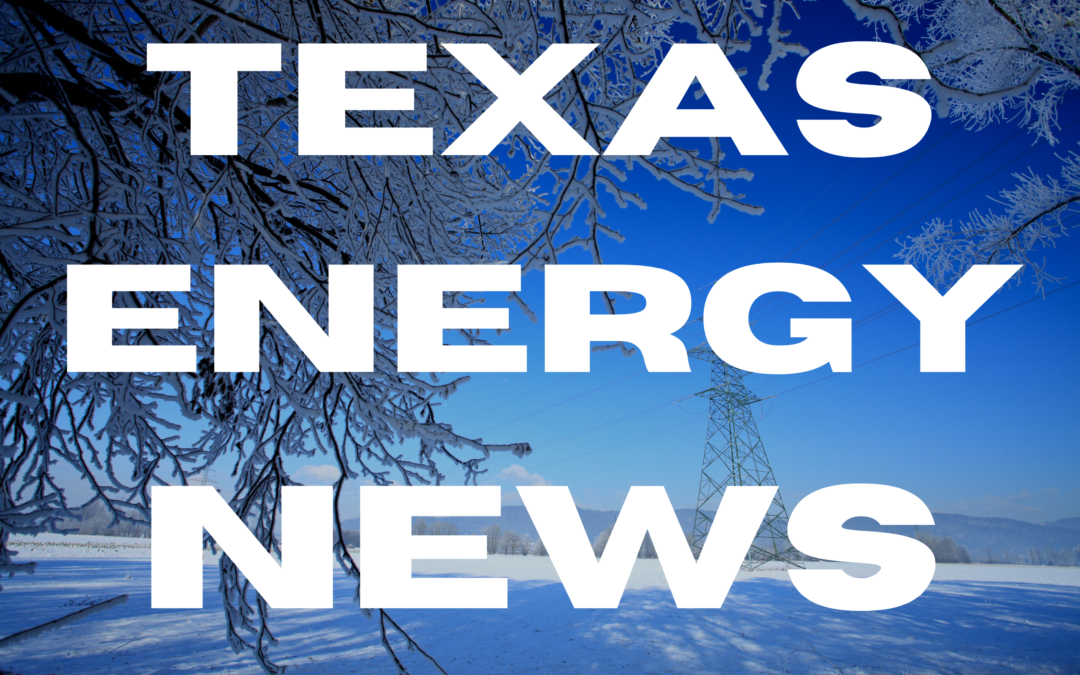SB 1281 directs the PUC to consider congestion cost savings when approving transmission line construction.
________________________________________________
Senate Bill 1281 — adopted last year by the Texas Legislature — includes various energy-related provisions, but chief among them is a requirement that regulators employ a new “consumer benefits test” before approving the construction of transmission lines.
The intent of the bill is to encourage such construction, but in a cost-effective manner. Now, however, a back-and-forth dispute over the details of SB 1281 may prompt its re-examination by the Texas Legislature when it reconvenes next year. How this dispute eventually gets settled also could affect future electric bills and the pace of new line construction.
Authored in 2021 by state Sen. Kelly Hancock, then the chair of the Senate Business and Commerce Committee, SB 1281 directs the Public Utility Commission to consider congestion cost savings when determining whether to approve construction of any new transmission line.
These costs can be sizable. In 2021, ERCOT customers paid about $2.1 billion in congestion costs, which accrue when transmission lines become overburdened. However, consumers also pay big dollar amounts for new transmission construction, which can amount to about $2 million per mile for a 345-kilovolt line.
SB 1281 calls for the PUC to consider whether a proposed transmission project — when complete — would create congestion costs savings that outweigh the cost of the project’s construction. This exercise described in SB 1821 has been referred to as the “consumer benefits test.”
A separate test
The difficulty is that the PUC already employs a separate test — a “production cost savings” test — to determine whether it makes economic sense to build a new transmission line. How this existing “production cost savings” test is supposed to work with the new “consumer benefits test” is what now divides lawmakers and some stakeholders.

Former Senate Committee chair Kelly Hancock.
Sen. Hancock says that to gain PUC approval, a proposed transmission project should, at the minimum, pass the new consumer benefits test. That is, he argues that it’s not enough for a transmission projected only to pass the production cost savings test, and that the new consumer savings test must always be used.
This view has been echoed by various stakeholder groups, including an influential industrial consumers group, as well as State Rep. Will Metcalf, who chairs the electric energy-related House Committee on State Affairs. In a Sept. 21 letter to the PUC, Metcalf wrote that “the production costs savings test may be insightful, but should not provide a stand-alone basis for building an economic project.”
However, state Rep. Drew Darby of San Angelo — who was on the legislative conference committee that approved the final version of SB 1281— says the PUC should be able to use either test when approving a new transmission line … or both. Otherwise, SB 1281 potentially would stymie transmission construction rather than bolstering it, he said.

Rep. Drew Darby
“The new congestion cost savings test is but one of several criteria at the PUC’s disposal, including the production cost savings test,” Darby wrote in a September 28 letter to the PUC. He said his interpretation of the law corresponds to the plain language of the statute, and that if the PUC interprets it differently then lawmakers likely will need to re-examine the issue in 2023.
All else held equal, Mr. Darby’s interpretation of the law would result in more overall line construction than Sen. Hancock’s interpretation. Mr. Darby has long advocated for more transmission construction as excess energy — much of it renewable energy — often gets bottled up in that part of the grid around his West Texas district.
The PUC has signaled that it could take up the issue as early as next month. More information regarding the agency’s SB 1281 rulemaking can be found in Docket No. 53403, on the PUC website.

